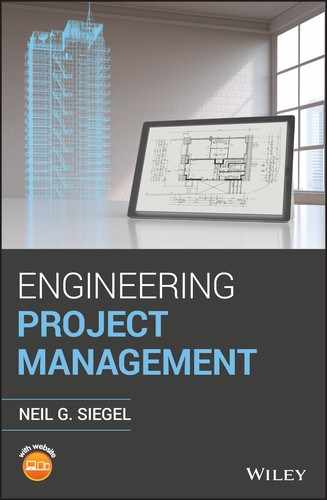Book Description
A hands-on guide for creating a winning engineering project
Engineering Project Management is a practical, step-by-step guide to project management for engineers. The author – a successful, long-time practicing engineering project manager – describes the techniques and strategies for creating a successful engineering project. The book introduces engineering projects and their management, and then proceeds stage-by-stage through the engineering life-cycle project, from requirements, implementation, to phase-out. The book offers information for understanding the needs of the end user of a product and other stakeholders associated with a project, and is full of techniques based on real, hands-on management of engineering projects.
The book starts by explaining how we perform the actual engineering on projects; the techniques for project management contained in the rest of the book use those engineering methods to create superior management techniques. Every topic – from developing a work-breakdown structure and an effective project plan, to creating credible predictions for schedules and costs, through monitoring the progress of your engineering project – is infused with actual engineering techniques, thereby vastly increasing the effectivity and credibility of those management techniques.
The book also teaches you how to draw the right conclusions from numeric data and calculations, avoiding the mistakes that often cause managers to make incorrect decisions. The book also provides valuable insight about what the author calls the social aspects of engineering project management: aligning and motivating people, interacting successfully with your stakeholders, and many other important people-oriented topics. The book ends with a section on ethics in engineering.
This important book:
- Offers a hands-on guide for developing and implementing a project management plan
- Includes background information, strategies, and techniques on project management designed for engineers
- Takes an easy-to-understand, step-by-step approach to project management
- Contains ideas for launching a project, managing large amount of software, and tips for ending a project
Structured to support both undergraduate and graduate courses in engineering project management, Engineering Project Management is an essential guide for managing a successful project from the idea phase to the completion of the project.
